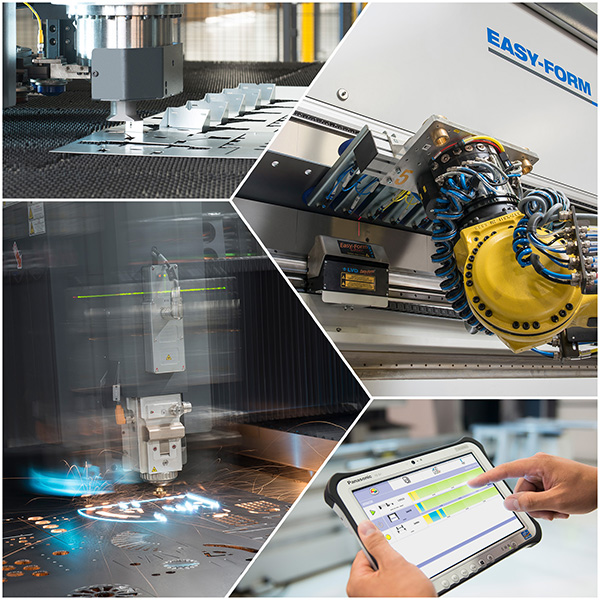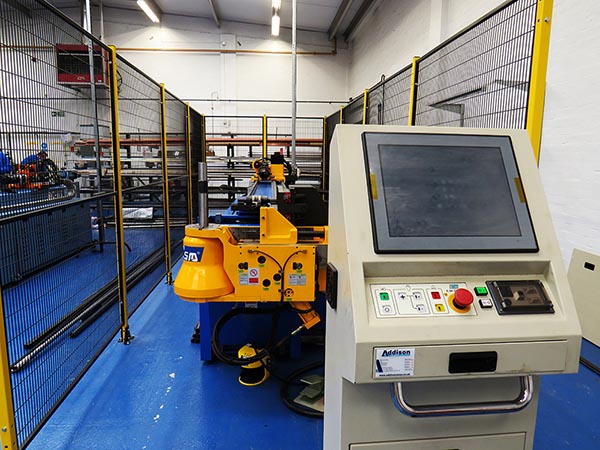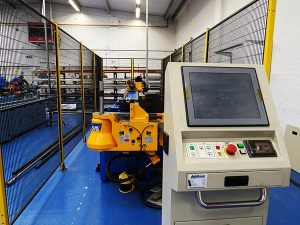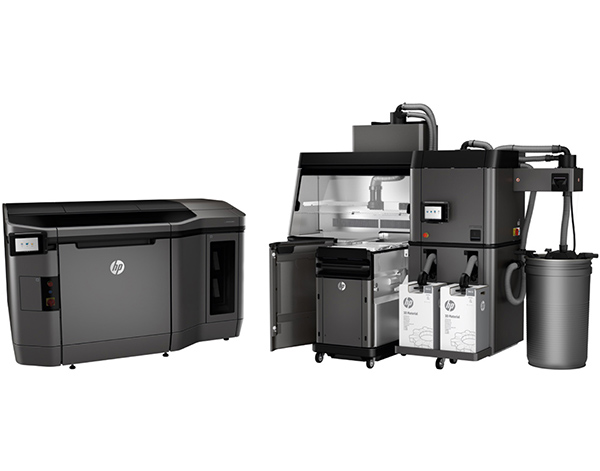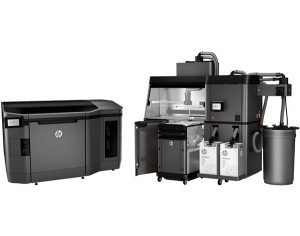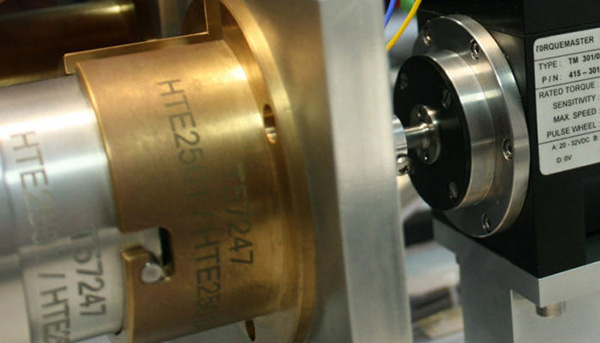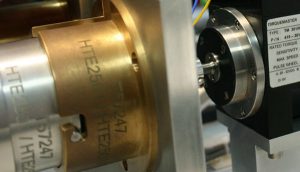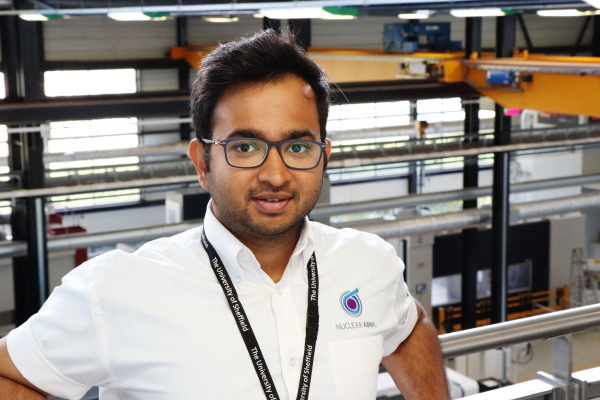At EuroBLECH (Hanover, 23-26 October), LVD will be placing focus on flexible automation solutions and cell manufacturing for increased production efficiency. At Hall 12, Stand F104, visitors will see how LVD’s Industry 4.0-ready bending, laser cutting, punching and software technology make for an easy and smooth transformation to a more competitive workshop.
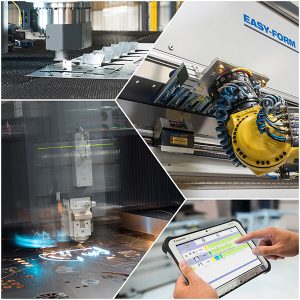
The company will give a world premiere to its ToolCell XT automated tool-changing press brake with extended tool storage. The ToolCell XT has been developed in response to having even more flexibility to tackle small batches, high part mixes and increased component complexity in a wider variety of materials and thicknesses.
LVD will also give a world premiere to its Dyna-Cell, which the company says takes electric press-brake automation to a new level for the high-speed bending of small-to-medium parts. Based on the company’s existing Dyna-Press, LVD’s latest compact robotised bending solution delivers faster art-to-part times, rapid changeovers, increased throughput and lower cost per part, says the company.
Another machine on the stand will be the LVD Easy-Form 80/25 ‘smart’ press brake. Equipped with the Easy-Form Laser in-process angle monitoring and correction system, this press brake adapts in real-time the ram position to ensure the desired angle from the first bending operation. The bending process is not interrupted and no production time is lost.
From a software perspective, LVD will show its CADMAN suite, the company’s answer to full process integration and optimised process flow. CADMAN looks at the big picture and helps streamline the complete fabrication process – from production control, communication, planning and management, through to punching, bending and laser cutting – via integrated, database-driven software.
For further information www.lvdgroup.com






